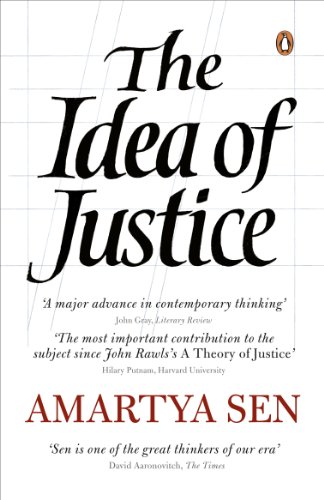Sublime
An inspiration engine for ideas

In philosophical circles, Rawls’s approach is described as asserting the “priority of the right over the good.” On this view, our rights define a framework within which we can each pursue our beliefs about how to live; in contrast to the alternative, where we start with a particular conception of the good, and design rights in order to promote it.
Daniel Chandler • Free and Equal: A Manifesto for a Just Society

Virtue cannot be limited to those with the means to practice it.
Shai Held • Judaism Is About Love: Recovering the Heart of Jewish Life
Hence there is a pressure to vindicate them either by devising some new teleology or by finding some new catagorical status for them. The first project is what lends its importance to utilitarianism; the second to all those attempts to follow Kant in presenting the authority of the appeal to moral rules as grounded in the nature of practical
... See moreAlasdair MacIntyre • After Virtue
we have the privilege/responsibility to ask not just how we can serve as human beings in general, but also how we can serve as human beings in particular.
Shai Held • Judaism Is About Love: Recovering the Heart of Jewish Life
When we talk about justice today, we almost always find ourselves talking about rights we believe are entrenched in nature and have been enshrined in our founding documents. This language reflects a liberal conception of human action and interaction, casting us as rational agents who reach agreements with one another through calculation and
... See moreproviding a guaranteed basic income
Keith Payne • The Broken Ladder: How Inequality Changes the Way We Think, Live and Die
Many Jewish thinkers see judging others favorably as key to the fulfillment of all interpersonal obligations more broadly.